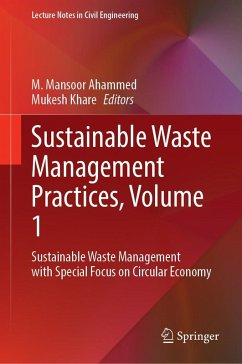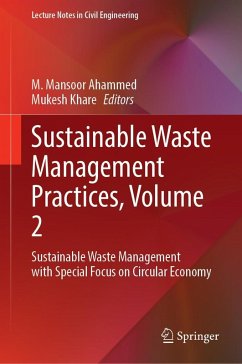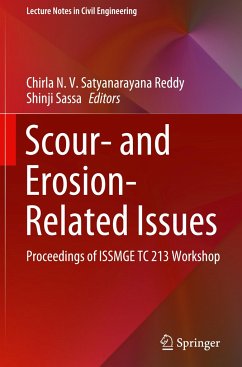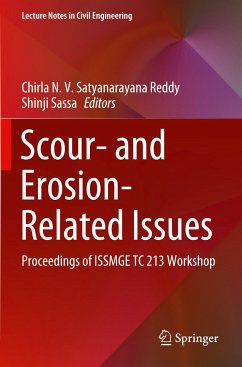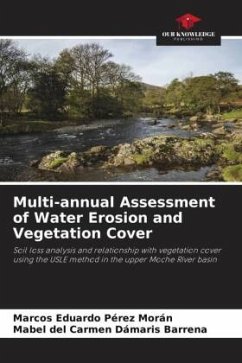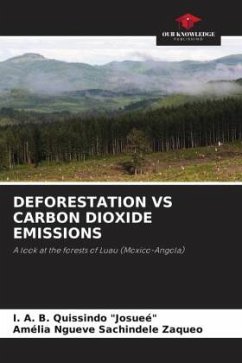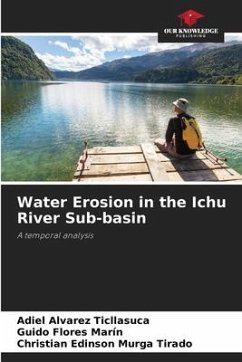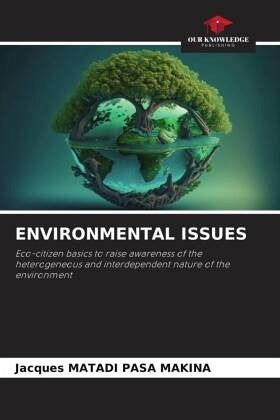
ENVIRONMENTAL ISSUES
Eco-citizen basics to raise awareness of the heterogeneous and interdependent nature of the environment
Versandkostenfrei!
Versandfertig in 6-10 Tagen
40,99 €
inkl. MwSt.

PAYBACK Punkte
20 °P sammeln!
Preserving the environment is generally perceived as a whole, even though the issues associated with it are extremely variable and heterogeneous: respect for biodiversity, the greenhouse effect, deforestation, air quality, water quality, destruction of the ozone layer, and so on.More and more alarm bells are ringing about the state of the planet's health: the consequences of global warming; the erosion of biodiversity; the threat of depletion or pollution of natural resources, etc. In this respect, the calculation of the "ecological footprint" of our planet is an extremely useful tool. In this...
Preserving the environment is generally perceived as a whole, even though the issues associated with it are extremely variable and heterogeneous: respect for biodiversity, the greenhouse effect, deforestation, air quality, water quality, destruction of the ozone layer, and so on.More and more alarm bells are ringing about the state of the planet's health: the consequences of global warming; the erosion of biodiversity; the threat of depletion or pollution of natural resources, etc. In this respect, the calculation of the "ecological footprint" of our planet is an extremely useful tool. In this respect, the calculation of humanity's ecological footprint, i.e. the surface area required to produce all the resources necessary for its functioning, is instructive. The need for a clear and comprehensible global approach to environmental issues is therefore keenly felt by both "environmental" players (those carrying out compliance studies at the limits of their competence, communicators,etc.) and "non-environmental" players (customers or citizens seeking information).Foreword by Professor Claude MONGA KASONGO WA BANDAMA





